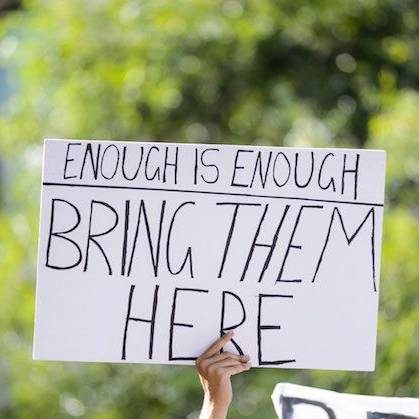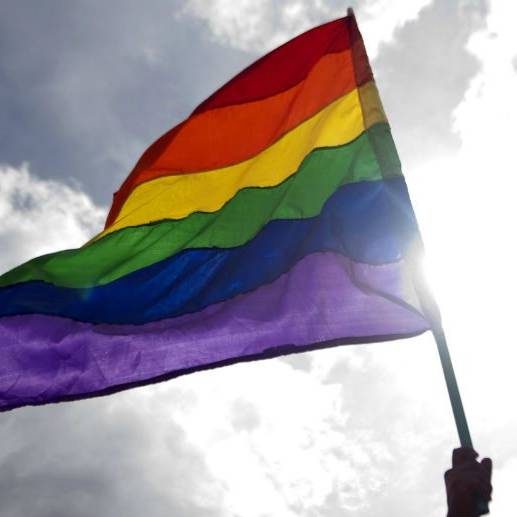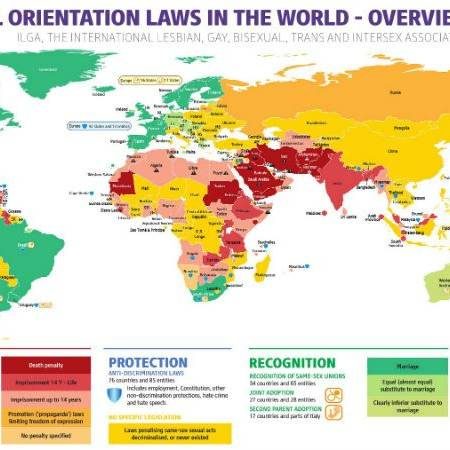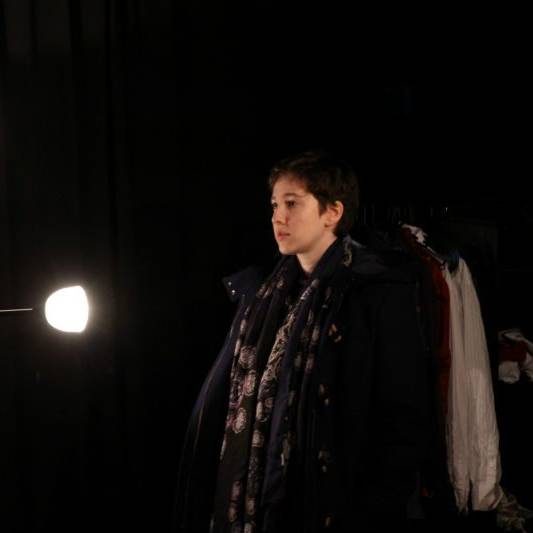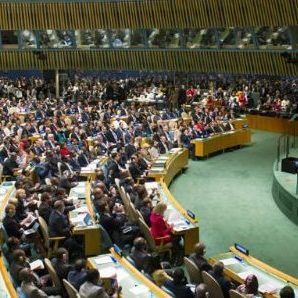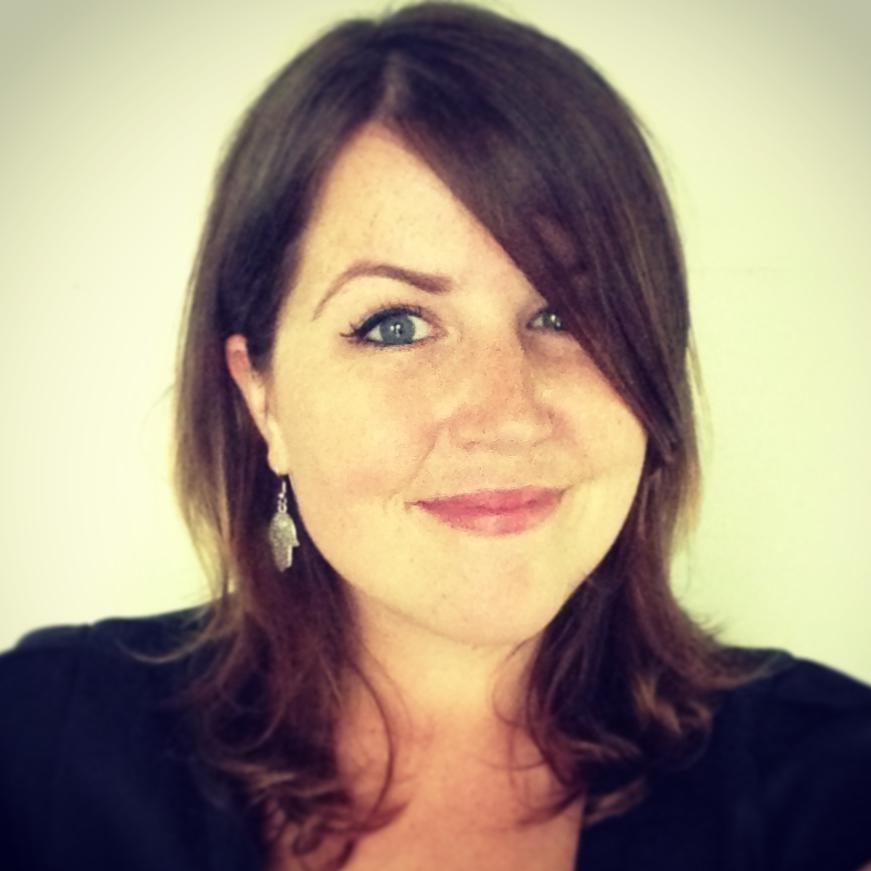
New research shows that though incremental gains are being made, discrimination against LGBT people is still rife among Commonwealth countries including Australia.
A new report highlights progressive actions taken by Commonwealth governments to advance the rights of LGBTI citizens and provides positive examples for other countries to learn from.
The report is titled A Commonwealth Toolkit For Policy Progress On LGBTI Rights and was published by the Royal Commonwealth Society, Kaleidoscope Trust and The Commonwealth Equality Network.
We spoke to Jaz Dawson, a Director of Kaleidoscope Australia Human Rights Foundation, about Australia’s successes and failures in the fight for equal rights.
The report states that while some Commonwealth leaders support LGBT inclusion, others have abused this position to foster discrimination and vilify sections of society based on misinformation. Is Australia failing to show societal leadership on LGBTI inclusion?
I think in many ways Australia has made some big steps forward in securing LGBTI human rights. Our Sex Discrimination Act is one of the best in the world, however the way that it is being implemented in different states and territories varies.
At the federal level, however, the debate around LGBTI rights in Australia is being stymied by right-wing Christian conservatives who have undue sway. In particular, the debate over same-sex marriage and refusal to legislate for it is completely out of sync with the huge amount of public support for same-sex marriage in Australia. I don’t think that the debate and the way that children are being used as moral bargaining chips is actually reflective of the position of the majority of politicians in either major party.
The report highlights the work Jamaica is doing with government programs to address homophobic bullying, and Malta’s work with LGBTI groups to combat homophobic and transphobic bullying. Meanwhile, our government is de-funding the Safe Schools program…
The debate over the Safe Schools program has truly represented a low point for the recognition and celebration of LGBTI Australians, in particular because the de-funding of Safe Schools by the federal government will overwhelmingly affect LGBTI children and youth when they need the most support. The fact that the government did not take into account the findings of the report that they commissioned, which called for the program to stay, tells you that it is a political move rather than one based in facts and figures.
What role should Australia be playing in the Commonwealth?
Australia has so far failed to take a lead on LGBTI human rights issues in the Commonwealth. We could be taking a lead by pushing for the decriminalisation of same-sex acts in the Commonwealth, particularly in countries such as Papua New Guinea and Nauru, where we send asylum seekers and refugees.
Both government and non-government organisational priorities in Australia could significantly be turned towards the Asia Pacific region, where our LGBTI neighbours are facing discrimination and persecution in many countries.
Where does Australia fail most in our treatment of LGBTI people?
When thinking about our responsibility to LGBTI rights in our region, the major area we fall down in is our treatment of LGBTI asylum seekers and refugees. In particular, we knowingly send gay men to Papua New Guinea and Nauru where same-sex acts are criminalised. It could be argued that we are therefore in violation of the fundamental principle of non-refoulement in international law – no state should send people to a country where they face persecution.
The detention centres on Manus and Nauru are extremely unsafe and harmful for LGBTI refugees. We know that gay and trans people are three times more likely to be physically and sexually assaulted in detention environments, and there are major concerns over the welfare of LGBTI refugees currently in offshore detention.
Overall, how does Australia compare with other Commonwealth countries on LGBTI rights?
On the whole, Australia fares pretty well on LGBTI human rights when compared to other commonwealth countries. Over half of Commonwealth countries still criminalise same-sex acts as a direct legacy of British colonial rule. Australia only fully decriminalised same-sex acts between men in 1997 with Nicholas Toonen’s case heard by the UN Human Rights Committee.

